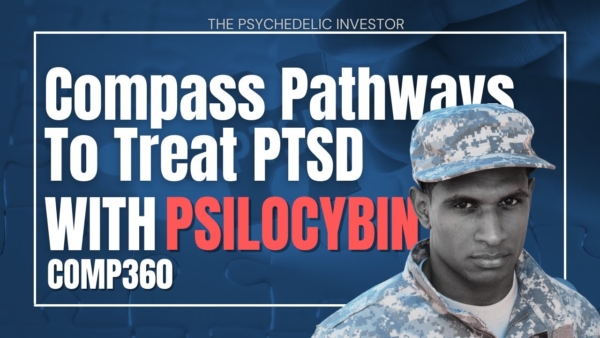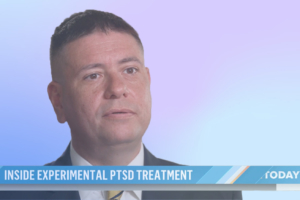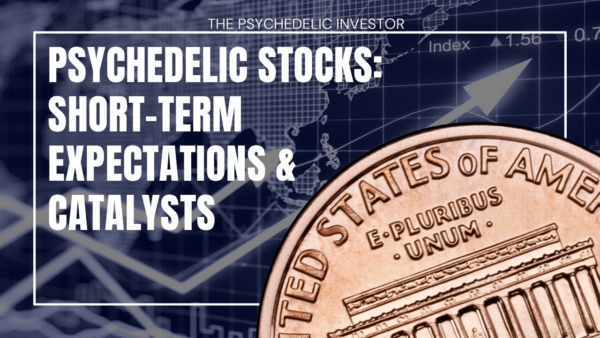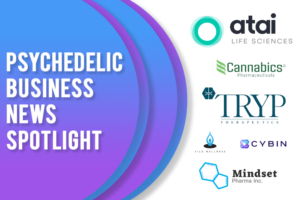
A clinical trial carried out by mental health care company Compass Pathways has demonstrated the ability of psilocybin therapy to rapidly reduce depressive symptom severity for patients with treatment-resistant depression.
The trial, which we’ve been eagerly awaiting the results of, evaluated the efficacy of Compass Pathways’ psilocybin therapy drug, COMP360, in addressing treatment-resistant depression.
It was the largest psilocybin therapy trial ever conducted, involving 233 patients from 10 countries in North America and Europe. All patients discontinued their use of antidepressants before the study, and 94% of study participants had no prior experience with psilocybin.
The trial compared two active doses of COMP360, 25mg and 10mg, against a comparator 1mg dose. Each dose was administered in conjunction with the psychological support of trained therapists.
Patients who were administered 25mg showed a -6.6 difference on the Montgomery–Åsberg Depression Rating Scale (MADRS) at week three, compared to patients administered with just 1mg of COMP360. However, there was no statistically significant difference between the 10mg and 1mg doses at week three.
At least twice the number of patients in the 25mg group showed response and remission at week 3 and week 12, compared with the 1mg group. For patients in the 25mg group, the protocol-defined sustained response up to week 12 was 20.3%, compared to 10.1% for the 1mg group.
The trial’s principal investigator, Dr. David J. Hellerstein, a professor of clinical psychiatry at Columbia University Irving Medical Center, described the study as “ground-breaking.”
“A single dose of psilocybin generated a rapid response that lasted up to 12 weeks,” he explained. “Remission rates appear to be higher than seen in traditional medication studies. These findings suggest that COMP360 psilocybin therapy could play a major role in psychiatric care.”
However, during the trial, 179 of the study participants experienced treatment-emergent adverse events (TEAEs). 90% of these were mild to moderate in severity, most commonly headache, nausea, fatigue, and insomnia. A dozen patients experienced severe TEAEs, including suicidal behavior, intentional self-injury, and suicidal ideation. These events occurred more frequently in the 25mg group.
While the results of this trial were not as promising as many in the psychedelics sector were anticipating, they were positive overall and provide new hope for patients suffering from treatment-resistant depression.
Sadly, about 30% of people suffering from depression are treatment-resistant — a condition defined as the failure of a patient to respond to at least two anti-depressant treatments of different drug classes. More than 100 million people worldwide suffer from treatment-resistant depression, according to the World Health Organisation.
“We urgently need options for people who are not helped by existing therapies,” said Compass Pathways CEO and Co-Founder George Goldsmith. “With this compelling data, we will urgently progress our clinical development program and move closer to making this therapy accessible to patients in need, if approved.”
One goal of this trial was to determine the appropriate dose of COMP360 for a more extensive, Phase 3 research program, which Compass Pathways expects to begin in 2022.





